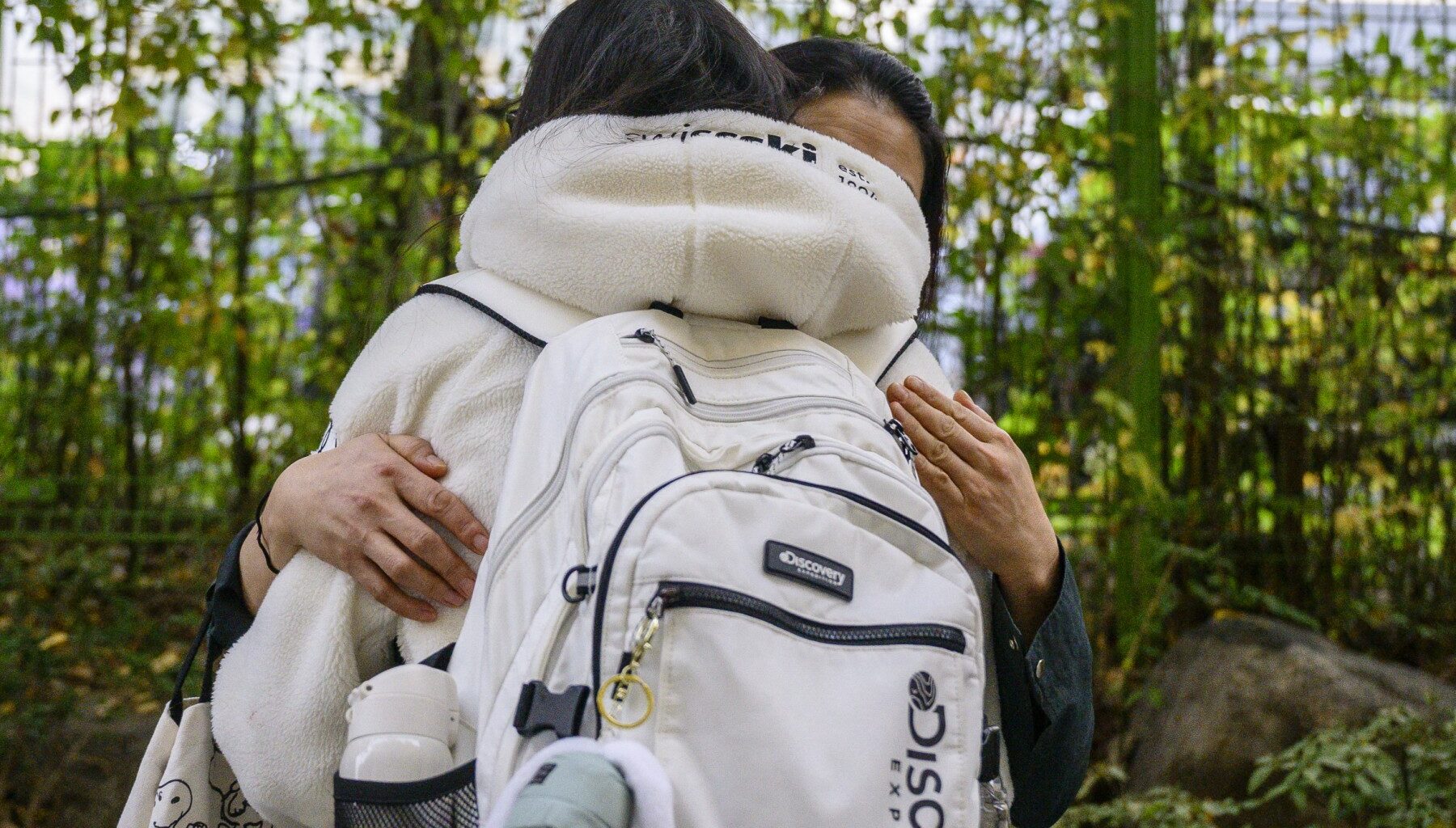November 12, 2025
SEOUL – The big day is just a few sleeps away — the day for which every Korean student has been preparing for years, sacrificing weekends and fun: Suneung, the College Scholastic Ability Test.
With just some 24 hours to go to Thursday’s nationwide exam, experts are urging students to set aside their books and instead focus on sleep, nutrition and calm preparation.
Medical experts warn that last-minute cramming does little good and can even hurt performance.
“Many students have been studying long hours with irregular meals and poor sleep, which can cause fatigue and stress,” said Shin Hyun-young, a professor of family medicine at Seoul St. Mary’s Hospital.
“They should sleep before midnight and get six to eight hours of rest, and wake up early to keep their body rhythm steady,” Shin said, adding that students should avoid caffeine or energy drinks and instead eat balanced meals while limiting late-night snacks.
To steady nerves, experts recommend meditation, deep breathing, stretching and short breaks every one to two hours. She also cautioned test-takers to protect themselves against colds and the flu amid wide daily temperature gaps.
Meanwhile, across the country, governments and institutions are mobilizing to ensure a smooth and quiet test day.
Seoul will increase subway operations by 29 runs between 6 and 10 a.m., deploy 646 shuttle vehicles to help students running late reach their test sites and suspend noisy construction around 228 test centers. Bus and taxi associations have also been asked to refrain from honking or sudden braking near schools.
To ensure a peaceful environment, the government will suspend all domestic flights for 35 minutes, from 1:05 to 1:40 p.m., during the English listening section.
Aircraft in flight must hold above 3 kilometers in altitude, and 140 domestic and international flights will be rescheduled. “We ask all passengers to check their departure times in advance,” said Joo Jong-wan, head of aviation policy at the Land Ministry.
The Korean stock markets — the Kospi, Kosdaq and Konex — will also delay opening by one hour to 10 a.m. to help ease morning traffic and ensure test-day tranquility.
Meanwhile, some students are turning to questionable methods in hopes of sharpening their focus or boosting their luck.
In Seoul’s southern district of Gangnam, where elite cram schools cluster, demand has surged for methylphenidate — an ADHD medication that increases dopamine activity in the brain.
Pharmacists in the area say inquiries from nonpatients have spiked in the days before the Suneung. One pharmacist told local media that “students who don’t normally take the drug have been coming in, asking if it can help them concentrate.”
While some students take the medication under a legitimate diagnosis, others see it as a shortcut to stay alert through long study hours. But psychiatrists warn that the drug’s supposed cognitive benefits are unproven in healthy individuals and that side effects —including insomnia, anxiety and heart palpitations — could hinder performance on test day.
According to the National Health Insurance Service, prescriptions for ADHD drugs are most common among teenagers in the country, at 2,305 per 100,000 people, followed by those in their 20s. Seoul’s affluent Gangnam-gu, Seocho-gu and Songpa-gu record the highest prescription rates nationwide.
Meanwhile, the frenzy extends beyond pharmaceuticals. On secondhand online platforms, listings for the official “Suneung pencil” have soared in recent weeks.
Since 2006, the Korea Institute for Curriculum and Evaluation has issued a new color of pencil for each year’s exam, and many students try to obtain one early for practice — or even to absorb the “luck” of past top scorers by purchasing their used pencils.
Resale markets are also flooded with photocopies of perfect scorers’ notes, mock test booklets from college students who have won admission and even “lucky snacks” said to bring calm and focus.
Sociologists say these rituals reflect the immense psychological burden placed on students. “The Suneung is not just an exam — it’s a national event,” said a high school teacher. “In that atmosphere, even the smallest gesture can feel like a form of hope. Students seem to risk everything for this one day, which many believe will be a strong factor to change their lives.”
Roughly 550,000 students nationwide will sit for the 2026 Suneung, including 114,000 in Seoul alone.
